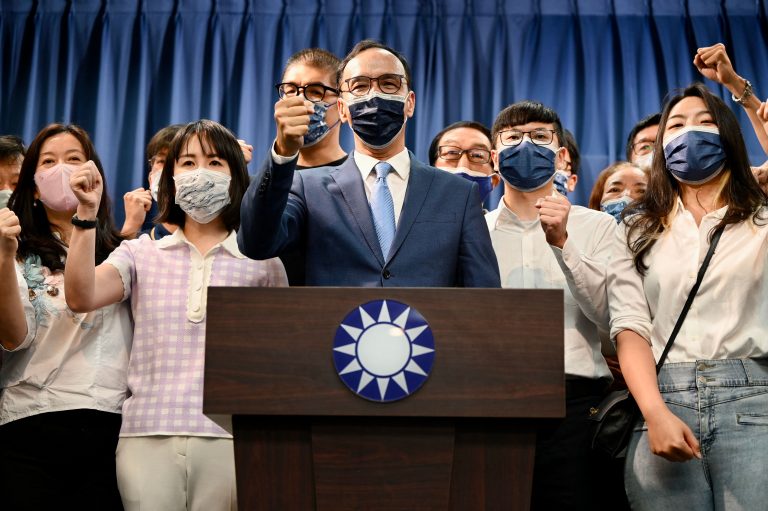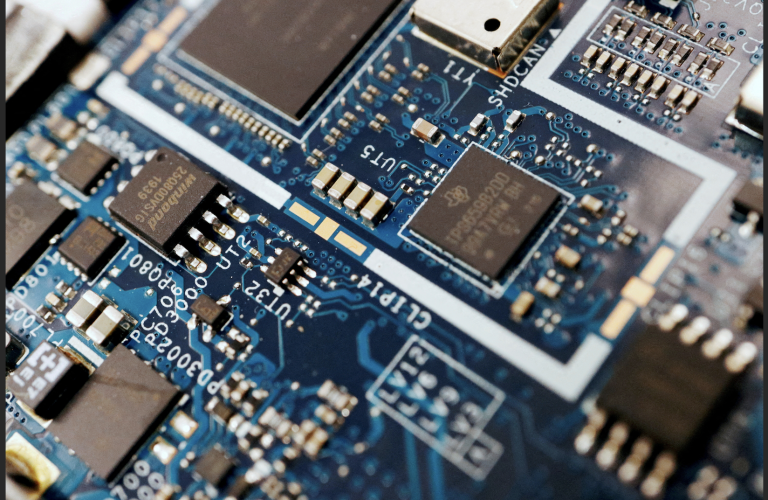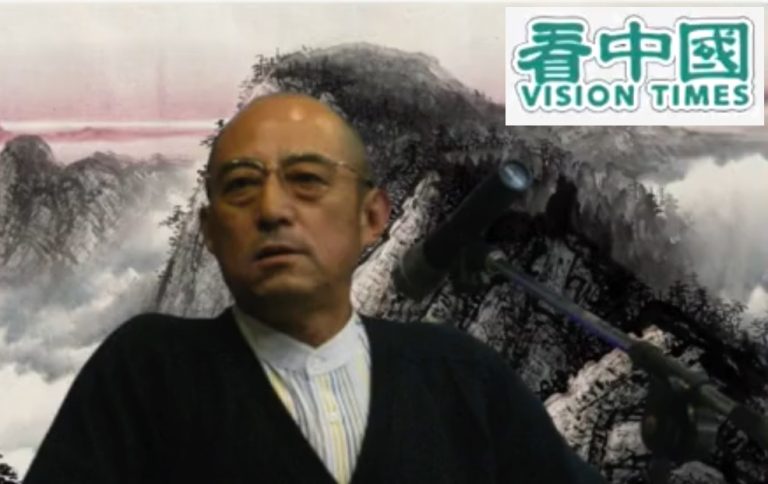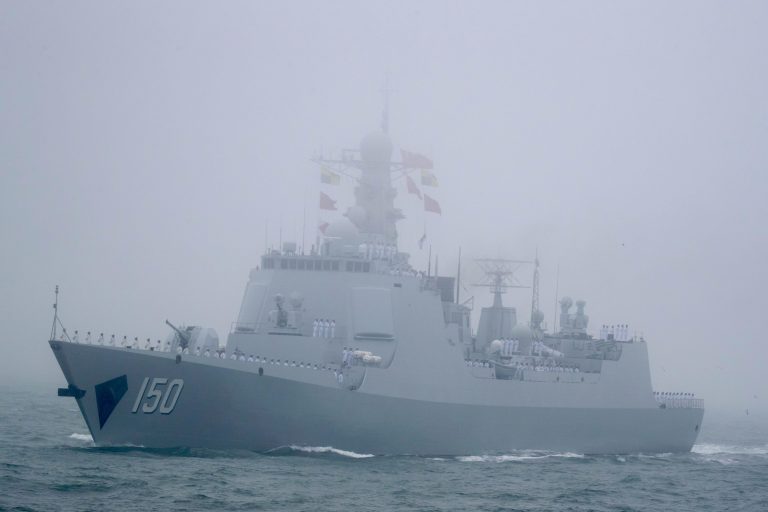Winning 45 percent of the Kuomintang vote, Eric Chu defeated dark horse contender Chang Ya-chung, an open proponent of unifying Taiwan with the Chinese mainland
Eric Chu Li-luan, the newly elected chairman of Taiwan’s largest opposition party, the Kuomintang (KMT), says he will facilitate greater exchanges and communication between the democratically run island and the communist People’s Republic of China (PRC), while also fostering unity within the KMT in order to defeat the incumbent Democratic Progressive Party (DPP).
Chu won with 85,165 votes, or 45.78 percent of the more than 370,000 KMT members who cast votes in the Saturday, Sept. 25 election. He beat incumbent chairman Johnny Chiang, as well as dark horse candidate Chang Ya-chung, head of the NGO Sun Yat-sen School.
The party should prioritize balancing relations with the PRC — which regards Taiwan as a renegade province — as well as with the United States, Chu said in debates leading up to the election.
The KMT, which translates to “Chinese Nationalist Party,” is the remnant of the government that unsuccessfully battled with the Chinese Communist Party (CCP) for control of mainland China and fled to Taiwan in 1949 following decades of civil war.
Success
You are now signed up for our newsletter
Success
Check your email to complete sign up
Taiwan is still officially known as the Republic of China (ROC), reflecting that legacy. However, attitudes are shifting, with a large majority of the island’s people identifying themselves as Taiwanese only, rather than Chinese or even both.
Growth of a separate Taiwanese identity, as well as rising belligerence from the PRC, have posed a steep challenge for the KMT, which has in recent decades become known less for its anti-communism and more for its pro-business and Beijing-friendly policies.
READ MORE:
Taiwan Rebuffs Chinese Propaganda Claims That Afghanistan’s Fate Is an ‘Omen’ for the Island
Biden Says US Committed to Taiwan’s Defense, Pentagon Appoints Taiwan-born Undersecretary
In 2020, the KMT lost the presidential election that saw the pro-independence DPP’s Tsai Ing-wen win 57 percent of the vote.
The KMT’s position is that cooperation with Beijing is necessary to secure Taiwan’s safety, as the Chinese Communist Party (CCP) has vowed to invade the island if pro-independence forces grow too strong.
During the election campaign, Chang Ya-chung emerged as a dark horse candidate, whose focus on Chinese identity and reconciliation with the mainland resonated with many “deep-blue” — referring to the KMT’s traditional color — party members.
Eric Chu, a former mayor of New Taipei City, disagreed with Chang’s proposal to work towards a formal peace treaty between the ROC and the PRC.
While advocating restoration of good ties with the mainland, Chu also said he would strengthen links to the U.S, such as by re-opening the KMT’s representative office in America, which has been shuttered since 2008.
Chu, as described in an editorial published by The Diplomat, has also criticized many of his KMT comrades as being overly reliant on the PRC.
In recent years, the KMT has made some gestures to emphasize its commitment to Taiwan’s defense. For example, following the U.S. withdrawal from Afghanistan and the country’s subsequent fall to the Taliban, Chu said that were it not for the KMT’s defense of Taiwan in and after 1949, a similar fate could have befallen the island.
During the Chinese civil war, the U.S. had withdrawn aid to the KMT, deeming the Chinese Nationalist government a lost cause. After the ROC’s retreat from mainland China, the U.S. did not support Taiwan until the 1950s, when the Korean War broke out and put political pressure on Washington to check the spread of communism in Asia.













